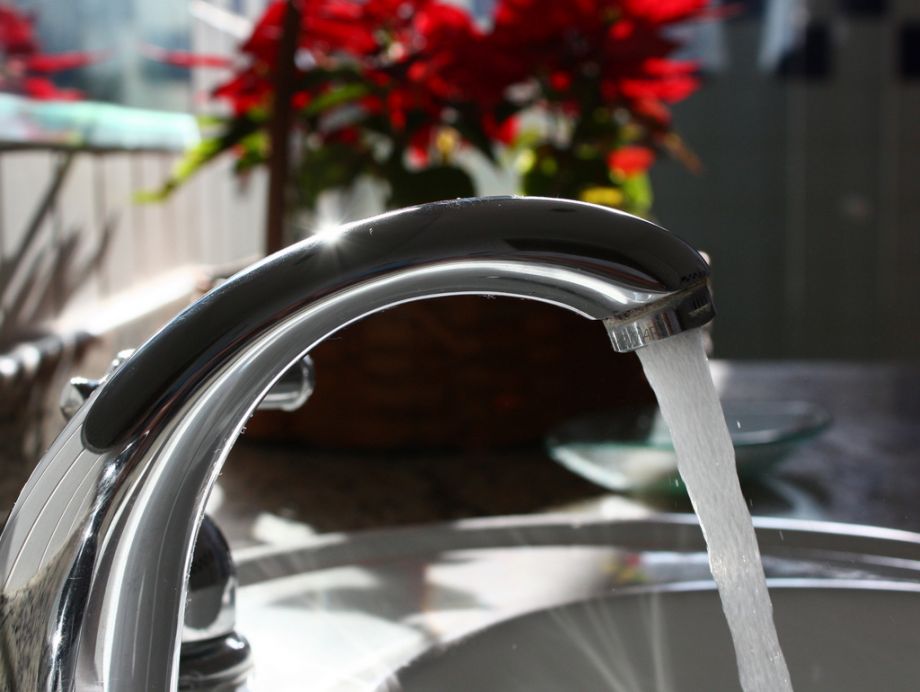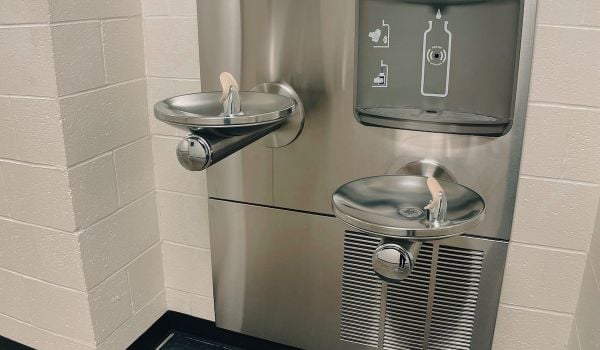The Natural Resources Defense Council and Newark Education Workers Caucus have taken the city of Newark, New Jersey, to court over elevated levels of lead in the city’s drinking water.
The NRDC and NEW Caucus allege that city officials have failed to implement adequate water quality and treatment systems to prevent lead from getting into drinking water and that the city is failing to comply with federal requirements for monitoring and testing. The city’s own data, the NRDC says, shows that 10 percent of water samples had elevated lead levels of 26 parts per billion, well above the Safe Drinking Water Act’s “federal action level” of 15 ppb. One recent result was as high as 182 parts per billion, reports the NRDC.
The lawsuit should come as no surprise to Newark officials because in April, the groups filed a 60-day notice of intent to sue, NJ.com reported at the time.
The NRDC also says that Newark’s water testing procedures aren’t prioritizing high-risk sites, which it is required to do under federal law, NJ.com said. The state Department of Environmental Protection requires that the city test water for lead twice a year. According to the notice of intent filed in April, the city had only tested 40 of the 131 high-risk sites in Newark.
“Access to safe water should be a basic right for everyone,” Al Moussab, president of the NEW Caucus, said in a statement. “However, for many working-class people, it’s not. By joining this lawsuit, we hope to hold the city and state governments accountable for providing safe drinking water to every home and school in Newark,”
But city officials contend the problem is overblown. Andrea Adebowale, Newark’s director of water and sewer utilities, told NJ.com that it was “absolutely and outrageously false” that residents were being exposed to dangerous lead levels. In a statement provided to the Asbury Park Press, Adebowale said that the issues are “confined to a limited number of homes with lead service lines.”
“Our water is safe,” Adebowale wrote. “It is our goal to be transparent and keep our residents informed every step of the way.”
The NRDC says in its lawsuit, however, that “the City does not know the scope of the problem because it has failed to identify which service lines contain lead, and has failed to properly monitor lead levels at Newark residents’ taps.”
In April, Newark Mayor Ras Baraka told the Associated Press that the elevated lead fears were a “naked political stunt” to help a council member’s mayoral campaign. Baraka won reelection roundly in May and has not commented on yesterday’s lawsuit.
There is no safe level of lead contamination. Exposure to lead is especially dangerous to children, and can permanently affect a child’s IQ, ability to pay attention and academic achievement, according to the CDC. In adults, it can cause fertility problems, cardiovascular and kidney effects, cognitive dysfunction and elevated blood pressure, the NRDC said.
In spring 2016, water fountains in 30 Newark public schools were found to have high levels of lead, and state officials shut off those fountains until the pipes could be replaced and filters installed.
The NRDC, along with the ACLU, were among the plaintiffs in a similar lawsuit filed against Flint, Michigan, that led to mediation and a settlement agreement. The state of Michigan is now mandating that water utilities remove all lead water service lines, the NRDC announced earlier this month. And lead levels in Flint’s water are falling, slowly, as the city works to replace old pipes, the Wall Street Journal reported.
The group is hoping for similar results in the Newark case. In a statement, NRDC attorney Claire Woods said, “City and state officials are failing to take the steps required under the law to protect Newark residents from lead in their drinking water. Newark’s water is corrosive, causing lead pipes to release too much of this toxic chemical into the drinking water flowing to residents’ taps. If it takes filing a lawsuit to end violations of federal drinking water law, we’ll do it.”

Rachel Kaufman is Next City's senior editor, responsible for our daily journalism. She was a longtime Next City freelance writer and editor before coming on staff full-time. She has covered transportation, sustainability, science and tech. Her writing has appeared in Inc., National Geographic News, Scientific American and other outlets.
Follow Rachel .(JavaScript must be enabled to view this email address)











